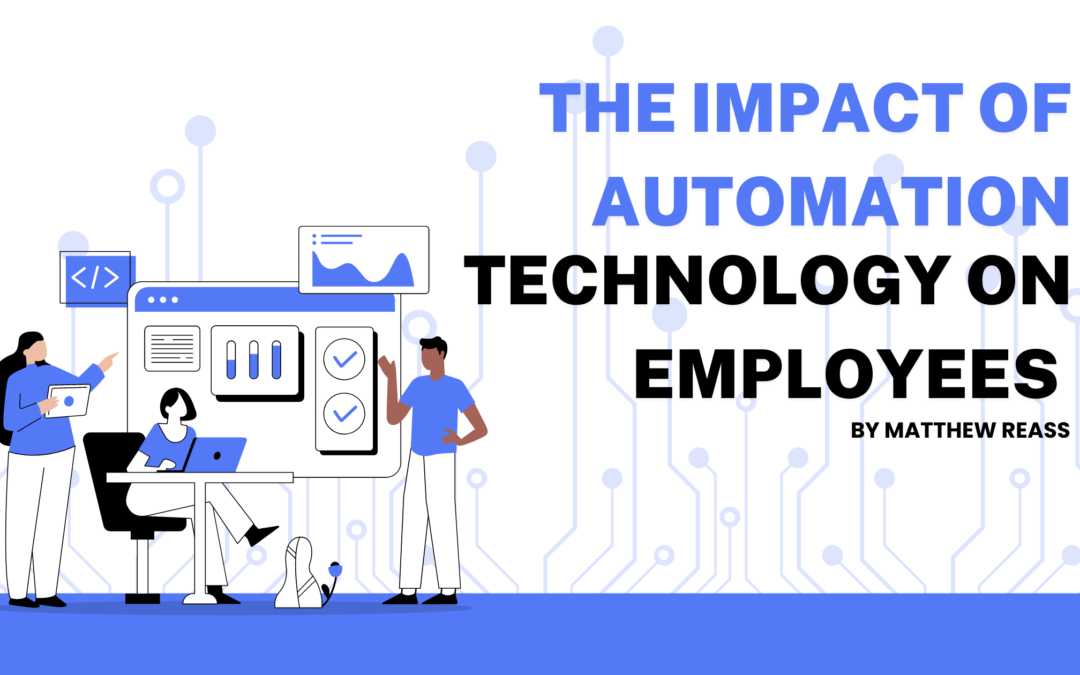Automation isn’t going to take over the world, and it’s not coming for your job. Automation is here to help us do our jobs more efficiently and effectively so that we can work smarter instead of harder. In this blog post, we’ll explore how automation allows employees to focus on higher-level tasks and provide consumers with a better experience.
Automation eliminates inefficiencies, not employees
Automation reduces the amount of time spent on repetitive tasks, not employees.
Automation is nothing new; it’s been around since the Industrial Revolution. And while automation has had a negative connotation in recent years, it’s actually quite beneficial for businesses and employees alike. Automation is intended to increase productivity and efficiency by reducing the amount of time spent on repetitive tasks–not eliminate workers completely!
If you’re worried about your job being replaced by robots or artificial intelligence (AI), don’t fret: AI can only perform certain tasks at this point in time–and those aren’t necessarily jobs held by humans anyway.
Automation reduces the amount of time spent on repetitive tasks.
Automation is not intended to replace employees completely.
Automation is not intended to replace employees completely. Instead, it can improve productivity and help employees work more efficiently. For example, a company could use automation tools like machine learning algorithms that analyze data from each customer’s past purchases and recommend products that will be likely to interest them based on past behavior. This allows salespeople to focus their time on higher-value tasks like building relationships with customers or developing new business opportunities instead of spending hours each day looking for new items that would appeal directly to specific individuals’ tastes or preferences.
Automation also allows companies with limited resources (such as small startups) access to sophisticated technologies at an affordable price point compared with hiring full-time engineers who specialize in these areas of expertise
The purpose of automation is to increase human productivity and efficiency.
Automation is not a replacement for employees. The purpose of automation is to increase human productivity and efficiency. Employees spend less time on routine tasks, allowing them to focus on more creative work.
For example, if you work at an accounting firm and are responsible for preparing tax returns for clients, the majority of your time will be spent entering data into a computer program or spreadsheet–a repetitive task that doesn’t require much thought or skill. These are jobs that can easily be automated by using an automated assistant (like TurboTax). You’ll still have plenty of opportunities to interact with people throughout the year: helping them understand how their taxes work; answering questions; providing advice based on your expertise as an accountant; etc., but now those interactions will be more meaningful because they involve engaging in conversation rather than simply entering numbers into spreadsheets!
Automation can help employees work more efficiently and effectively and provide a better experience for consumers
Automation can help employees work more efficiently and effectively, which can improve the experience for consumers. Automation allows you to reduce the amount of time spent on repetitive tasks, allowing you to focus on more important things like providing excellent customer service or building relationships with your customers. Finally, automation is not intended to replace employees completely; instead, it’s meant to complement them by allowing them to spend more time doing what they do best: interacting with people!
Automation is not the enemy. It’s a tool that can be used to increase productivity and efficiency, which in turn benefits both employees and consumers. Automation has been around for decades, but it’s only recently that we are seeing more use cases of it in our everyday lives. As technology evolves, so too will its uses in business–and we may even see some entirely new fields emerge as a result!


